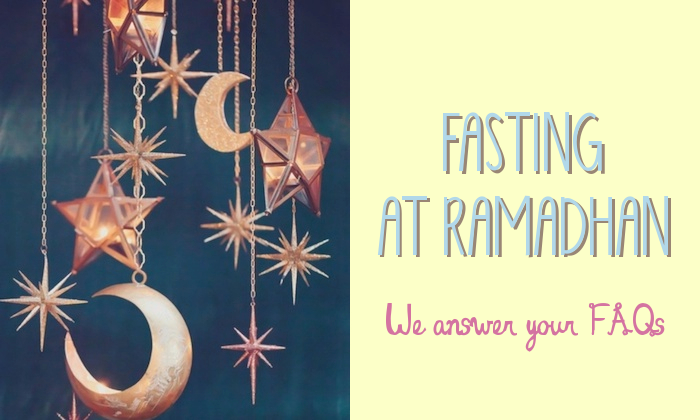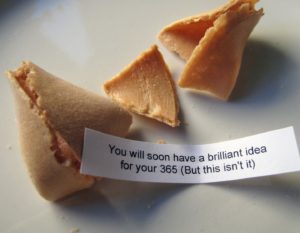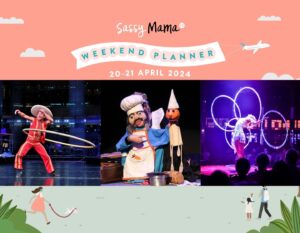

As Ramadan begins this week, here’s a great primer for the uninitiated about how the holiday is observed, and how to support those who are fasting
Every year, when the month of Ramadan comes around, my non-Muslim friends always ask me the same questions: “How do you do it?”, “Don’t you get thirsty?”, “Why can’t you eat or drink?”. And while I understand their curiosity and concerns (thanks guys, for worrying that I might collapse during the day – you know who you are), I thought it might be useful and interesting to answer some FAQs so that non-Muslims will gain a clearer perspective as to why we fast.
Read More: Guide to Explaining Ramadan to Kids
Why do Muslims fast?
Fasting is important for Muslims as it’s one of the pillars of Islam and during this month, we abstain from sustenance and bad habits and ask for forgiveness for all our sins. It symbolises loyalty to our faith and it requires self-control and commitment.
So you don’t eat or drink AT ALL?
Nope we don’t! We fast during the daylight hours from dawn until sundown.
Aren’t you hungry?
Do YOU get hungry when you don’t eat the whole day? Of course we do! But that’s the point of Ramadan. To make things less chaotic (because you know we get super cranky when we don’t get our food), we have Sahur, a pre-dawn meal before the start of our day to last us till we break our fast in the evening, called Iftar.
Is it safe for everyone?
No, which is why there are exceptions. For example, young children don’t have to fast until they reach puberty, and people who are sick, elderly or traveling, or women who are pregnant, breastfeeding or menstruating are exempted from fasting.
What do you hope to achieve in the month of Ramadan?
People who observe and practise the fast in the month of Ramadhan all hope to purge their sins and cleanse their spirits. And also to empathise, be compassionate and feel closer to those who are less unfortunate, to put ourselves in their shoes, and to always be thankful for what we have. The month also reinforces self-control and discipline.
Can we eat in front of you?
Of course you can! Life goes on, it doesn’t stop just because someone is not eating at a lunch meeting. This is all part of the test of Ramadan and we humbly appreciate you acknowledging our fast. We don’t really need you to duck around the office or hide that giant sandwich (although, please excuse our stomach growls). We’re good – seriously!
But we feel bad!
Don’t! We’re all fasting voluntarily (and pretty joyously, I might add) despite the tired look on our faces, so always bear in mind that we’re not forced to fast and it’s a choice.
Fasting is not an excuse
Our energy levels might be low and although there’s less banter, do know that fasting doesn’t give us the free pass to slack on our duties and daily responsibilities. We’re supposed to continue and produce results just like any other days in the year, so don’t worry about us skiving on the job!






 View All
View All





 View All
View All







 View All
View All




